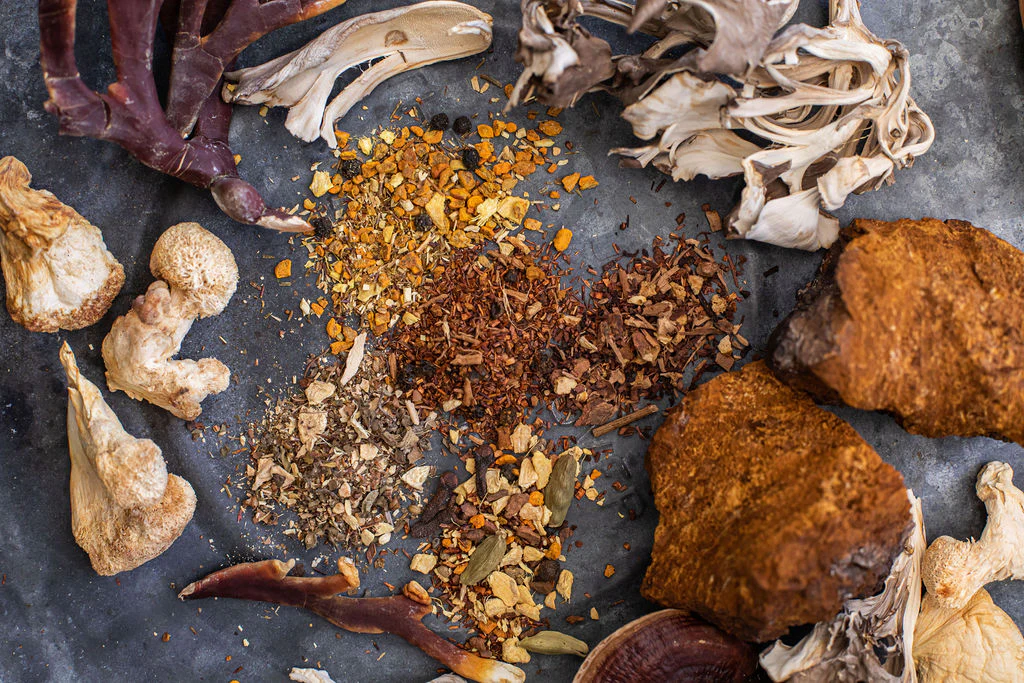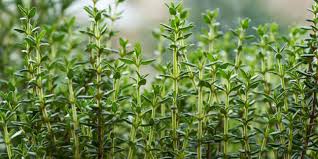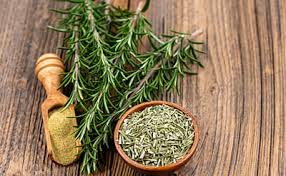Sexual functioning plays a significant role in preserving the emotional connection with the partner in addition to being an expression of one’s ability to reproduce and gender identity. Depending on the particular history and circumstance, when this capacity is reduced or interrupted, the psychological effects might range from modest to catastrophic. Treatment for sexual dysfunction is therefore essential because it can have a serious impact on a person’s wellbeing.
Humans produce sperm with the help of a critical hormone called testosterone, which is mostly linked to how intense a man’s sex urge is. In addition, it controls how many red blood cells are created, how much bone and muscle mass are present, and how fat is stored and distributed throughout the body.
Despite being naturally present in both males and girls, the amount varies, leading to variances in the physical traits of the sexes. For instance, testosterone is the hormone that causes the growth of hair on the face and chest, the development of the male genitalia, men’s heavier voices, and their increased muscle mass. However, a decline in testosterone levels in males is also a frequent occurrence and could be caused by a variety of factors.
Low testosterone levels have clear symptoms that are simple to identify. According to age and maturity, these symptoms could, however, differ slightly. Low testosterone levels are frequent in older age groups, but when they begin right after puberty or even before, it is critical that they are promptly detected. Take a look at some of the typical puberty and adult indicators of low testosterone or male hypogonadism.
Symptoms of Low Testosterone in Adolescence – Boys who lack development that would normally occur during puberty are showing signs of low testosterone. Teenage boys and girls who exhibit hypogonadism can be identified by –
- lack of development of pubic hair
- no voice thickening or cracking
- comparatively short in height to his classmates
- less body hairs Smaller penis
- fewer muscles are developed
Adult Symptoms of Low Testosterone
Here are a few typical signs that an adult male might experience:
- excessive hair loss
- muscular mass loss
- unexpected body weight rise
- errors in memory
- smaller sperm size
- depression
- abrupt mood changes
- erection problems
- reduced sex desire
- decreased energy decreased volume of semen
Ayurvedic teachings claim that low testosterone may be caused by an increase in Vata and a decrease in Kapha in semen and male hormones. ‘Shandhya’, a term associated with effeminacy, makes this claim. In the framework of Klaibya, Effeminacy—which can be viewed as the development of feminine qualities in men—has been discussed in Ayurveda. Low testosterone in males can produce klaibya, a condition that resembles impotence.
Having said that, testosterone is referred to as Shukra in Ayurveda, and a drop in Shukra is typically brought on by a rise in Vata or Pita. Unbalanced levels of male hormones may be mostly caused by pathological Vata.
Vajeekarana tantra is the name of the branch of Ayurveda that deals with the management of abnormal spermatogenesis. One of Ashtanga Ayurveda’s eight key specialties is Vajeekarana, also known as Vrushya Chikitsa. The improvement of progeny’s health, aphrodisiacs, and virility are all topics covered in this area. According to Charaka Samhita, appropriate use of these formulas endows one with a good body, potency, strength, and complexion as well as a sexually energising and potent sexual experience. Infertility, premature ejaculation, and erectile dysfunction are just a few of the typical sexual dysfunctions that can benefit from this. The therapy is preceded by careful adherence to the guidelines outlined in the Ayurvedic texts, numerous body cleaning techniques, and other non-medicinal procedures like conduct, behaviour, and food that promote sexual health. According to Ayurveda, specific tailored herbal and herbo-mineral combinations are given based on a person’s nature.
The Ayurvedic medicine to boost testosterone or used for Vajeekarana may be classified in 4 groups – Sukrala, Sukra rechaka, sukra stambhaka and sukra shoshaka.
- Shukrala – The drugs which causes qualitative and quantitative increase in the Shukra (sperm) are known as Shukrala. This category includes medications like Ashwaganda, Musali, Shatavari, Gokshura etc . These medications are helpful for oligospermia (which is the lack of sperm in the semen) and spermatogenesis
- Shukra rechaka – The medications that aid in ejaculating semen are sometimes referred to as Shukra rechaka. These are helpful for ailments including aspermia. Milk, the pulp of the bhallataka fruit, Amalaki fruit, etc. are examples of both shukrala and shukra rechaka.
- Shukra sthambhaka – The medications known as shukra sthambhaka lengthen the duration of sexual activity. Jatiphala is the medicine that falls within this category. The best indication of these drugs is premature ejaculation.
- Shukra shoshaka – The drugs which may dry the semen may be known as Shukra shoshaka. Haritaki belongs to this group.





